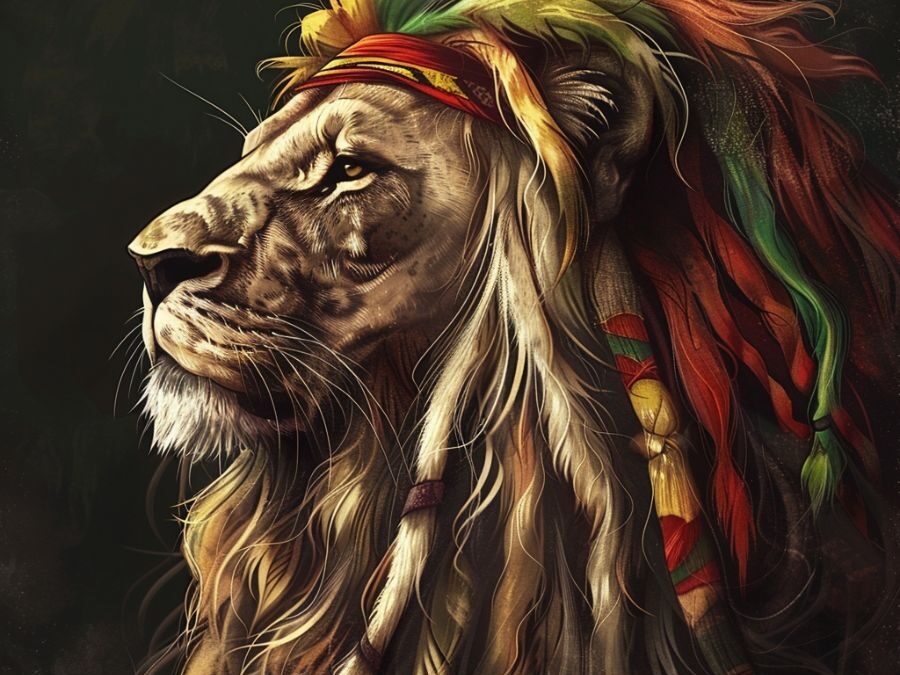Most recognized as a symbol associated with the Rastafarian movement, the Lion of Judah holds significant cultural and religious importance in Jamaican society. This iconic emblem, featuring a lion holding a flag with a cross, has transcended its biblical origins to become a powerful representation of strength, unity, and African heritage for many Jamaicans.
From its roots in Ethiopian history to its adoption by reggae musicians and Rastafarian believers, the Lion of Judah symbol has left a lasting impact on Jamaican culture, art, music, and even national identity. In this blog post, we will research into the history and significance of the Lion of Judah symbol and explore its profound influence on Jamaican society.
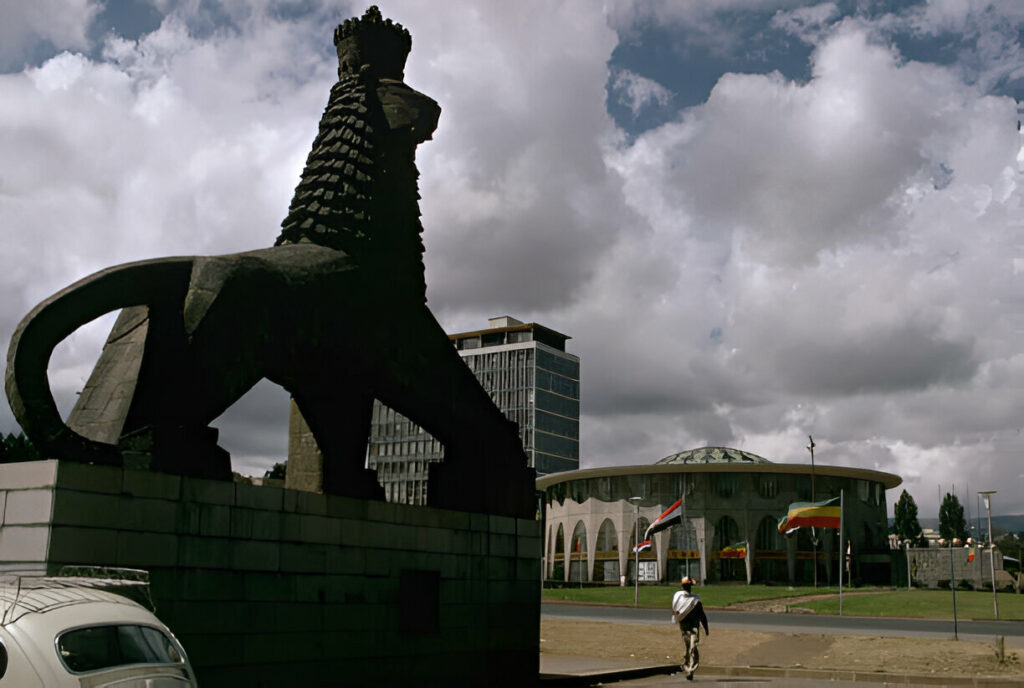
Historical Context of the Lion of Judah in Jamaican Society
Ethiopian Roots and Rastafarian Adoption
On the island of Jamaica, the Lion of Judah symbol holds deep significance, rooted in the spiritual and cultural beliefs of the Rastafarian movement. The symbol was adopted by Rastafarians as a representation of Emperor Haile Selassie I of Ethiopia, whom they revere as the messiah.
The Lion of Judah’s Connection to Haile Selassie
Historically, the Lion of Judah has been associated with the Ethiopian monarchy, specifically Emperor Haile Selassie I. Haile Selassie claimed descent from the biblical King Solomon and the Queen of Sheba, solidifying the symbol’s connection to Ethiopian royalty and divine heritage.
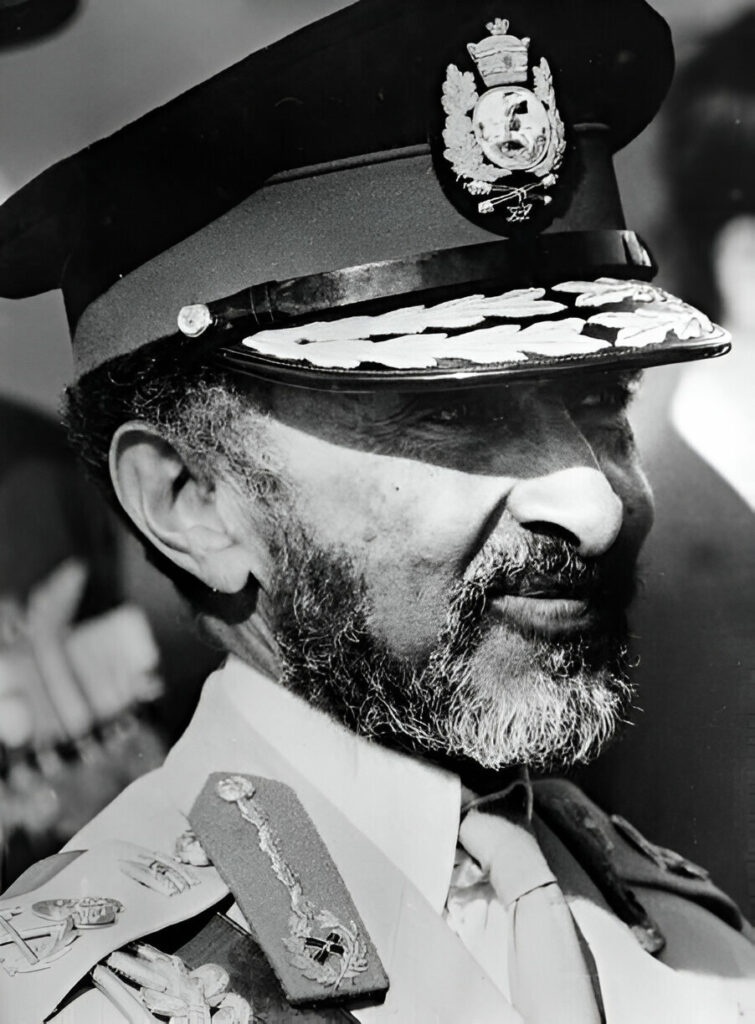
Cultural Influence
The Symbol in Reggae Music and Rastafarianism
One of the most significant cultural impacts of the Lion of Judah symbol is its association with Reggae music and Rastafarianism. The symbol is prominently featured in album art, lyrics, and performances of Reggae artists, symbolizing strength, courage, and the connection to the divine for Rastafarians.
The Lion of Judah in Fashion and Art
For decades, the Lion of Judah symbol has been a prominent feature in Jamaican fashion and art, representing national pride, strength, and cultural identity. It is often showcased in the designs of clothing, accessories, and even murals, reflecting a deep-rooted connection to both Jamaican heritage and Rastafarian beliefs.
Furthermore, the image of the Lion of Judah is not only an emblematic representation but also a visual storytelling device in Jamaican art, often depicted in vibrant colors and intricate designs that pay homage to the symbol’s historical and cultural significance.
Music artists and fashion designers continue to incorporate the symbol into their creative expressions, celebrating its rich symbolism and impact on Jamaican society.
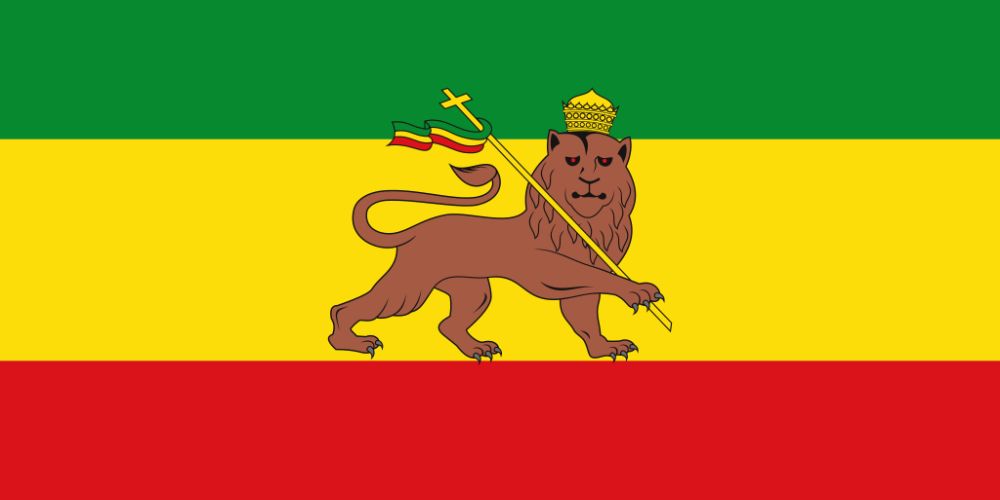
Social and Political Significance
National Identity and Empowerment
Socially, the Lion of Judah symbol holds significant meaning for Jamaican society when it comes to national identity and empowerment. This iconic symbol has been embraced by many as a representation of strength, courage, and resilience, attributes that resonate deeply with the Jamaican spirit. By associating with the Lion of Judah, Jamaicans find a sense of pride and unity in their cultural heritage, fostering a collective identity that transcends social divides.
The Lion of Judah as a Rallying Emblem in Social Movements
One of the most intriguing aspects of the Lion of Judah symbol’s impact on Jamaican society is its role as a rallying emblem in various social movements. From the Rastafari movement to political uprisings, the image of the Lion of Judah has been used to symbolize resistance, liberation, and solidarity. Its presence in these movements serves to galvanize individuals towards a common cause, uniting them under a powerful and unifying symbol that resonates deeply with their beliefs and aspirations.
Rallying around the Lion of Judah, activists and proponents of social change find a source of inspiration and motivation to push forward in their quest for justice and equality. This emblem serves as a powerful reminder of the collective strength and determination of the Jamaican people, instilling a sense of purpose and solidarity that transcends barriers and unites individuals in pursuit of a better society.
Controversies and Criticisms
Once again, the Lion of Judah symbol has sparked controversies and criticisms within Jamaican society. While many view it as a powerful emblem of strength and unity, others question its usage and significance in contemporary context.
Misinterpretations and Commercialization
Criticisms surrounding the Lion of Judah symbol often stem from misinterpretations and commercialization. Some argue that its ubiquitous presence on various products and merchandise has diluted its spiritual and cultural importance, turning it into a mere fashion statement rather than a symbol of significance.
The Debate on Cultural Appropriation
To address the debate on cultural appropriation, it is crucial to consider the complexities of the Lion of Judah’s origin and meaning. While it holds deep religious and cultural significance for the Rastafarian community, its widespread adoption by mainstream culture has led to questions of authenticity and respect for its roots.
This ongoing debate highlights the need for a nuanced understanding of cultural symbols and the importance of acknowledging and honoring their origins. It calls for a respectful dialogue between different communities to navigate the complexities of cultural appropriation and ensure the preservation of cultural heritage.
Summing up
Drawing together the threads of history, culture, and spirituality, it is evident that the Lion of Judah symbol has left a profound impact on Jamaican society. From its roots in Rastafarianism to its widespread adoption in reggae music and beyond, the symbol has become a powerful emblem of strength, unity, and resistance for the people of Jamaica. Its presence can be seen in various aspects of Jamaican life, from art and fashion to political movements and national identity. The Lion of Judah continues to inspire and empower individuals, reminding them of their shared heritage and the struggles faced by past generations. As a symbol of African pride and defiance against oppression, it serves as a rallying point for social change and cultural preservation in Jamaican society.
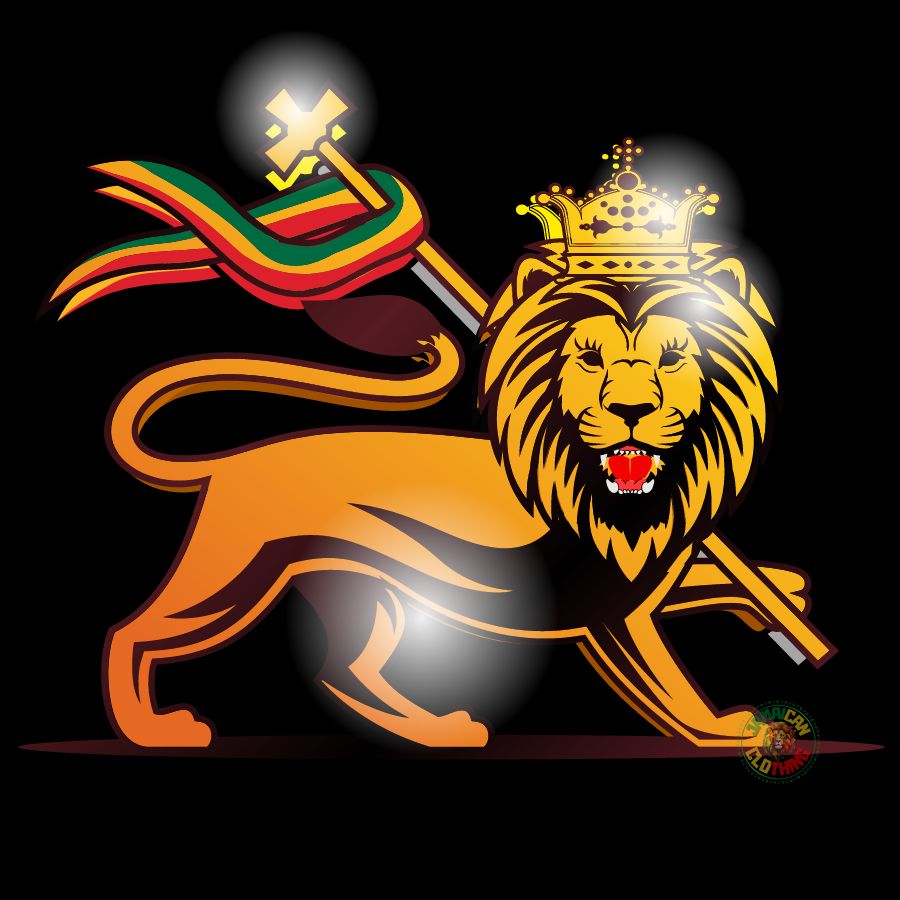
FAQ
Q: What is the Lion of Judah symbol?
A: The Lion of Judah symbol, often representing the Ethiopian monarchy and the Rastafarian movement, is a biblical symbol that signifies strength, royalty, and protection.
Q: How did the Lion of Judah symbol influence Jamaican society?
A: The Lion of Judah symbol played a significant role in Jamaican society, particularly through its association with the Rastafarian movement, reggae music, and cultural identity.
Q: What significance does the Lion of Judah symbol hold for Rastafarians?
A: For Rastafarians, the Lion of Judah symbol is a sacred emblem representing Emperor Haile Selassie I of Ethiopia, whom they consider to be the messiah and a symbol of African unity and empowerment.
Q: How has the Lion of Judah symbol been integrated into Jamaican culture?
A: The Lion of Judah symbol can be seen in various aspects of Jamaican culture, from reggae album covers to Rastafarian art, jewelry, clothing, and even the Ethiopian flag, symbolizing solidarity with the African diaspora.
Q: Is the Lion of Judah symbol still relevant in modern Jamaican society?
A: Yes, the Lion of Judah symbol continues to hold significance in modern Jamaican society, serving as a powerful emblem of resistance, cultural pride, and spiritual strength for many individuals and communities.
See also our article : Waving Unity: Exploring the Rastafari Flag’s Impact on Identity

